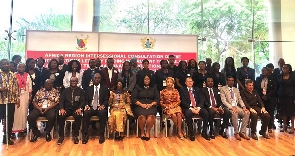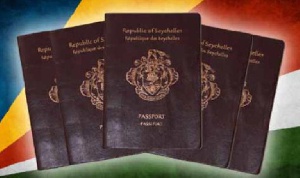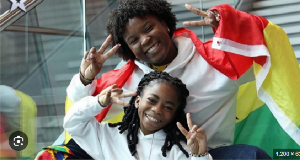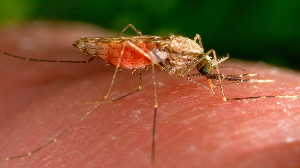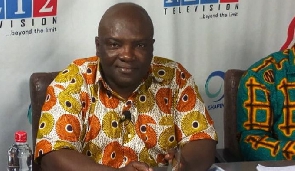Regional News of Thursday, 5 October 2023
Source: Richard Aniagyei ISD
Africa urged to take strong stand on UN treaty for corporate accountability
Over the past decade, Africa has consistently grown in Gross Domestic Product,
increased employment and improved infrastructure.
Business has played a critical role in these developments, as shown by the yearly increases in investment and trade flows to the continent.
However, Africa faces numerous challenges on the economic, social, governance, and environmental fronts, as well as the enjoyment of internationally recognised human rights standards.
In that regard, African nations must collaborate to collectively establish a strong position on the proposed UN treaty on business and human rights to hold
transnational businesses accountable in their quest to protect the rights of citizens.
The Country Director of ActionAid Ghana, John Nkaw, made the admonition at the
Africa Region Intersessional consultation on the United Nations legally binding
instrument to regulate the activities of transnational corporations and other business enterprises concerning human rights in Accra.
He stated that transnational corporations have operated in Africa with impunity
despite their poor human rights records.
“The most vulnerable in society, such as women, children, and indigenous communities, disproportionately bear the consequences of these abuses,” he noted.
Mr. Nkaw, therefore, urged African countries to play a more proactive role in shaping international norms for regulating corporate conduct.
“Although business activities have brought economic growth, the negative impacts like forced evictions, labor exploitation, and environmental damage have been severe".
“Marginalised groups like women, children, and indigenous communities bear the brunt of these abuses. There is an urgent need for binding rules holding corporations accountable,” he stressed.
He urged African countries to jointly develop a strong negotiating position to regulate corporations and protect human rights.
“Businesses cannot be allowed to pursue profits while trampling on people's rights in Africa, because we have immense bargaining power if we stand together. We can shape a treaty that advances inclusive and sustainable development across the continent,” he added.
He applauded the African Commission on Human and People's Rights for recognising
the need for a regional framework on business and human rights, adding that the
binding treaty would enable accountability from foreign firms.
The call for binding rules to hold corporations accountable gained prominence, as voluntary measures like the UN Guiding Principles have shown limited success.
The meeting organised by ActionAid Ghana and the Norwegian Agency for
Development Cooperation and co-hosted by the Ghana and Cameroon governments
ahead of the 9th Session of the Open-Ended Intergovernmental Negotiations in
Geneva, Switzerland, sought to engage African States and Civil Society Organizations to establish an African position on the United Nation’s legally binding instrument that seeks to regulate the activities of transnational corporations and other business enterprises concerning human rights on the continent.

